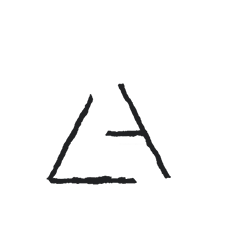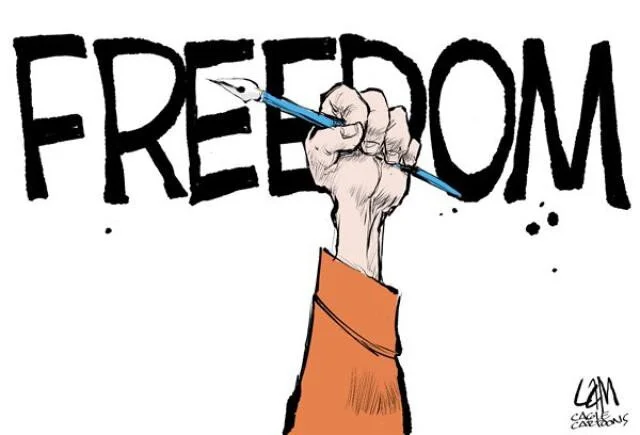Islam, Censorship and the Real Threat to Our Freedom of Speech
Within hours of the tragic and deadly attack on the Charlie Hebdo offices in Paris, millions of sympathetic individuals worldwide had offered their condolences to the families of the deceased and denounced radical Islamists for their continued attacks on the most precious of all Western liberties: freedom of speech. The tragedy sparked a massive outcry throughout the Western world, and drove thousands of cartoonists, writers, and news organizations to publish a widearray of satirical comics (many depicting the Muslim prophet, Muhammad) in a show of solidarity with their French colleagues.
Today, it was announced that the first edition of Charlie Hebdo to be published since the attacks will depict another image of the prophet Muhammad on its cover.
I have spent the past few days reading about the aftermath in France, Europe and the rest of the world, and the consequences that innocent Muslims here in Canada and elsewhere are dealing with, by being judged, discriminated against and grouped with extremists because of association alone. As the story kept unfolding, I began to feel more and more disturbed by the discrimination I came across on every medium that discussed the attack. In recent times, it has become a commonly-accepted idea that our freedom of speech is under attack by radical Islam. Heartbreaking events, such as the attack in Paris, serve as a platform upon which the public can rally against a common enemy. And while I wholeheartedly support the sentiment of wanting to protect our liberties, I can't, in good conscience, ignore the regular instances in our everyday lives in which our ability to speak freely is challenged.
The fact is, for the overwhelming majority of us, radical Islam actually represents the smallest of all current threats to our freedom of speech.
Recently, an article published on the New York Times revealed the following terrifying findings:
Some 75 percent of respondents in countries classified as “free,” 84 percent in “partly free” countries, and 80 percent in countries that were “not free” said that they were “very” or “somewhat” worried about government surveillance in their countries.Smaller numbers said they avoided or considered avoiding writing or speaking on certain subjects, with 34 percent in countries classified as free, 44 percent in partly free countries and 61 percent in not free countries reporting self-censorship. Respondents in similar percentages reported curtailing social media activity, or said they were considering it, because of surveillance.
Jennifer Schuessler, Writers Say They Feel Censored By Surveillance
But it's not just the government, either. It's regular people like you and I who stifle free speech. We have structured systems, industries, and social institutions in such a way as to make it difficult, if not impossible, to exercise free speech and challenge the status quo.
When was the last time you spoke freely about a controversial issue in the workplace without feeling nervous, or fearing repercussion?
Civil liberties don't disappear overnight, with a single attack. They are slowly, pervasively, and systematically eroded away over time. The massive public outcry in the wake of the Paris attack has been encouraging, but where are the marches denouncing the government's ever-tightening grip on our vocal chords?
Are we less scared of Islamic militants than our own governments?
Stephanie Charbonnier (better known as Charb, the chief editor of Charlie Hebdo) said in an interview two years ago, "I'd rather die standing than live on my knees." This statement has resonated with me more than I could ever have imagined, and has forced me to re-evaluate my own beliefs and values. I grew up in an isolated country [Albania] suffering at the hands of a terrible dictatorship that had plagued its people for more than four decades. While my memories of my childhood are foggy, few things have remained as clear in my mind as the sense of helplessness and fear Albanians felt every day, and how that all changed when they stood up united and fought for their freedom in the early '90s. From that moment on, things were never the same. As one of my favourite artists and activists said:
Once you’ve tasted freedom, it stays in your heart and no one can take it. Then, you can be more powerful than a whole country.
Ai Weiwei, Never Sorry
Political opinions aside, I applaud anyone who has been brave enough to speak out after the attack—I find their courage inspiring. However, it is important not to delude ourselves into thinking that all we have to do to protect freedom is to stand up united when it is threatened by “outsiders.” It is vital that we take a stand in our day-to-day lives, and put the idea of freedom of speech into action. After all, a freedom that solely exists within our minds is not a real freedom.


